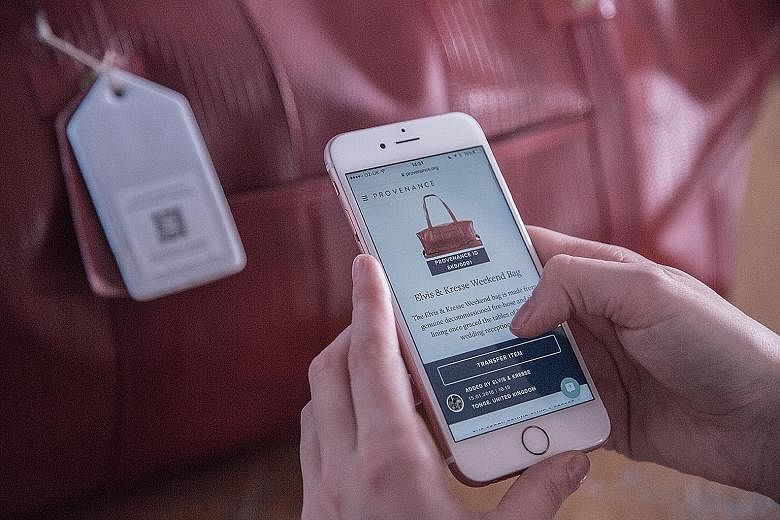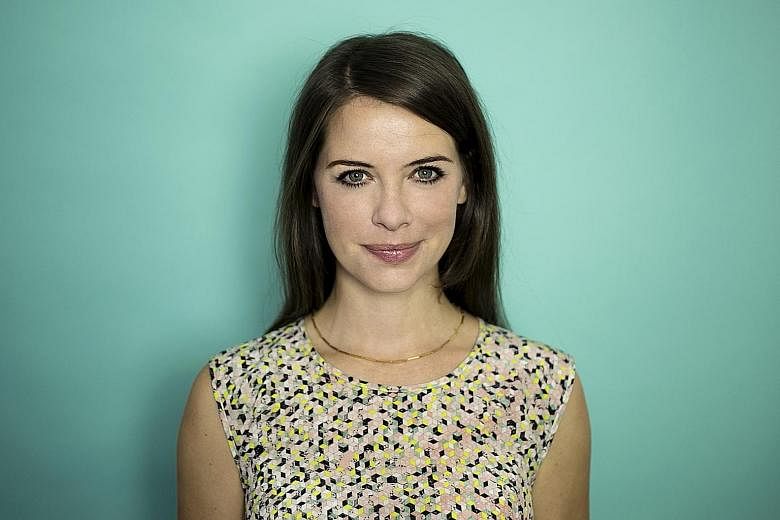BRITAIN • Ms Jessi Baker, the founder of blockchain technology platform Provenance, envisions a future where all physical products have digital histories, allowing people to trace and verify products' origins, attributes and ownership.
Is it time for a new dawn of transparency in retail?
Fuelled by frustration about how little we know about the products we buy, Ms Baker founded Provenance in the summer of 2013.
The software platform is a means to help people find out where products are sourced from, and how ethically and sustainably. It is designed to improve the transparency of supply chains and, at the same time, promote brands that commit to ethical sourcing, fair working conditions, quality and sustainability.
The platform uses blockchain technology - a means of recording and storing enormous amounts of transactional data - to inform consumers about how their products are sourced. Provenance data can be linked to any physical product - from coffee beans to fish - through labelling, smart tags and embeds for websites or apps.
"Provenance encourages brands to volunteer data about their supply chain," said Ms Baker. "We ask them to prove that data, track it, and they must provide links back to proven materials. We want to showcase the businesses that are really trying to be ethical."
The Provenance framework does not only benefit the customer. Brands that can prove that their supply chains stack up nicely could be able to charge more for their product. Transparency could become a competitive advantage.
Last year, Provenance completed a six-month trial tracking tuna fish caught ethically in Indonesia. Fishermen sent text messages detailing their catches that were added to the Provenance blockchain, effectively attaching a digital "token" to the fish as it passed through the supply chain.
The team now works with more than 200 brands.
Provenance, which is based in Britain, has 10 employees in four countries, and Ms Baker is enthusiastic about meeting the challenges ahead. "We want to help prove the great work that people are doing. We want to reinforce the good and get the good to spread quickly," she said.


